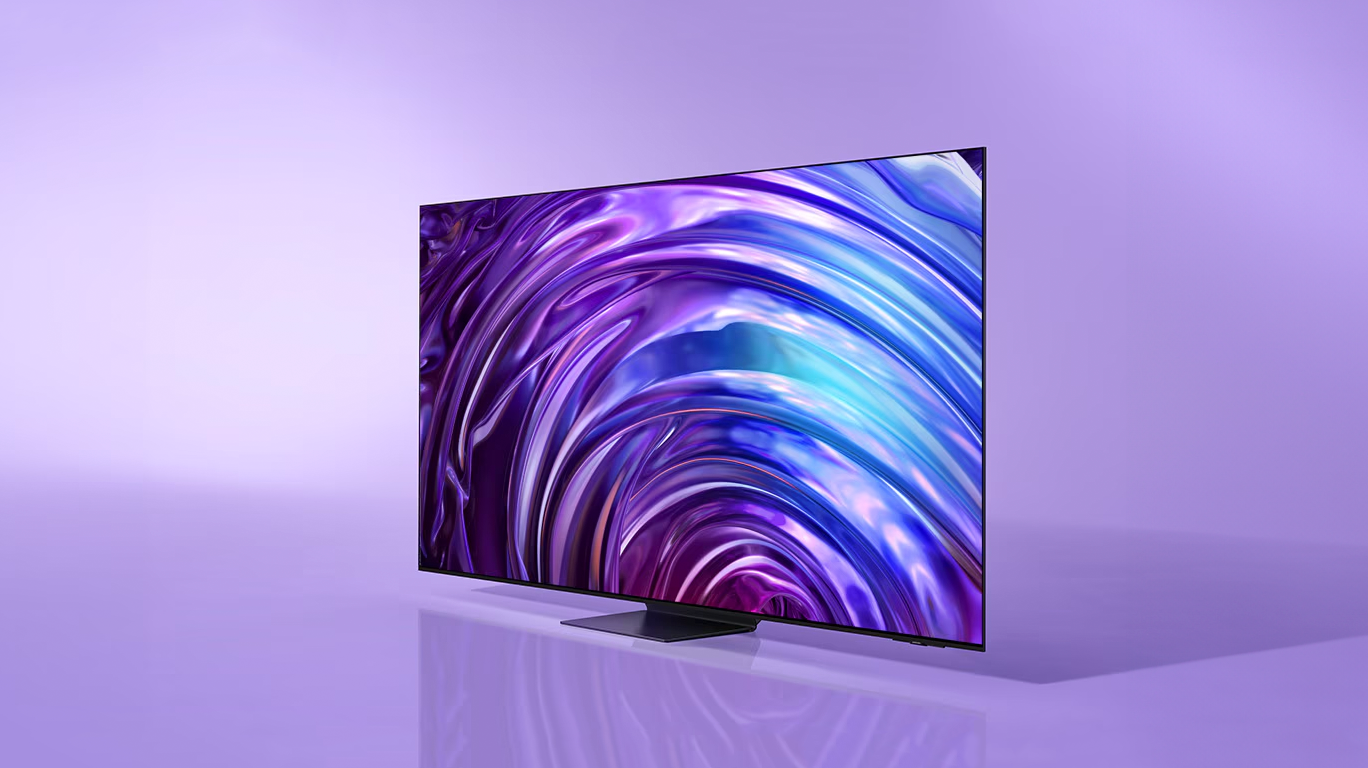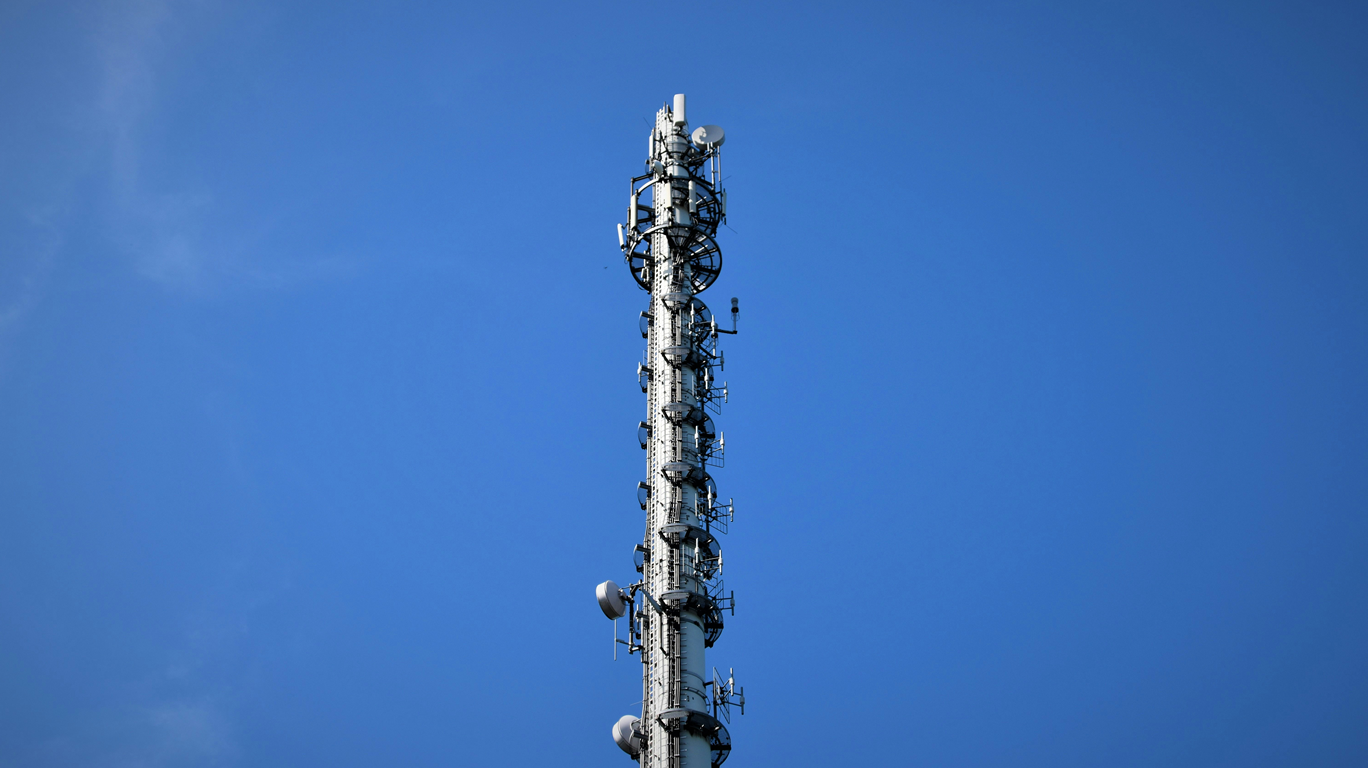3G is Being Switched Off: What it Means for You and Your Phone
Updated: 30th July, 2025
What is happening?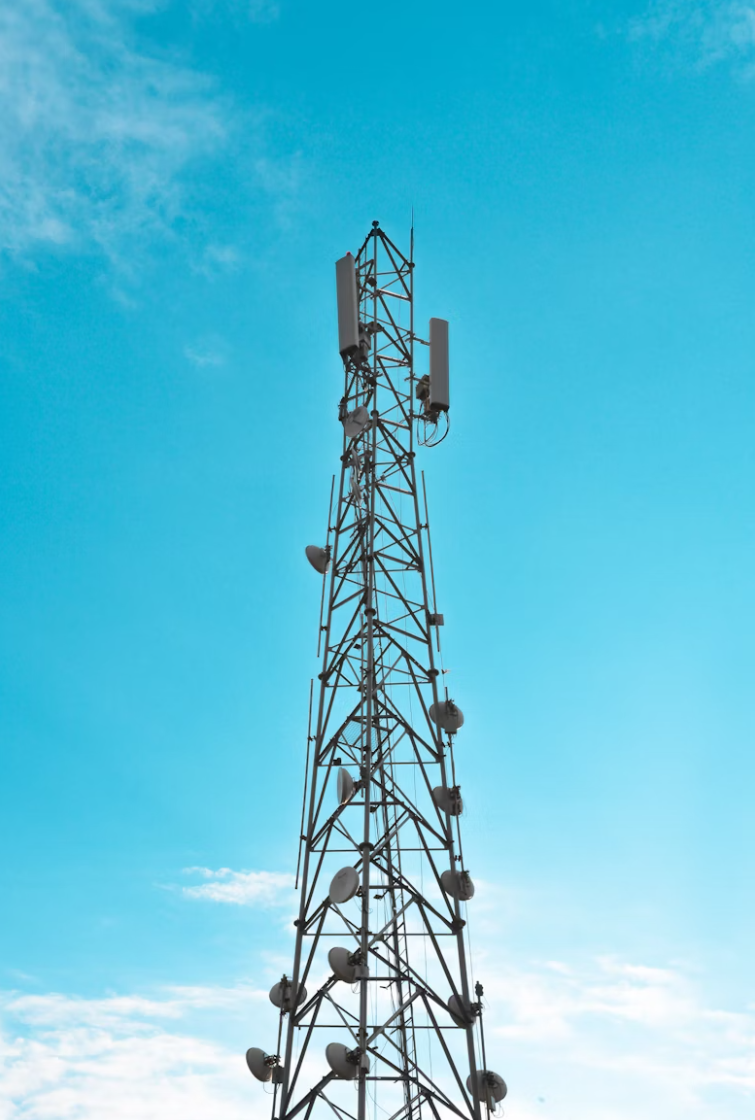
If you’ve recently heard that mobile networks are switching off 3G across the UK, but you're not sure what it means, this article will break down all that you need to know. All the major mobile providers, including Vodafone, EE, Three, and O2, are gradually phasing out their 3G services. The government and network providers have collaborated on this change and expect it to be completed by 2033. Some providers have already started, and others are following closely behind, with most aiming to complete the shutdown by 2025 to make way for the newer and faster services, 4G and 5G.
But why now? What does it mean for you? And what should you do to stay connected?
Why is this happening?
There are a few good reasons for this move — not only for providers, but for customers, too.
 Making room for newer tech
Making room for newer tech
3G was revolutionary in the early 2000s, offering the first real taste of mobile internet. But compared to today’s tech, it’s inefficient and uses up limited radio frequencies (spectrum) to send and receive data. By retiring 3G, networks can reallocate that valuable spectrum to faster, more capable 4G and 5G services. This means better signal quality, faster downloads, and clearer calls.
Improved speed and efficiency
Modern networks like 4G and 5G are faster and more energy-efficient. Supporting old 3G infrastructure costs time, money, and energy that could be better spent improving the coverage and speed of newer networks.
Environmental benefits
Believe it or not, switching off 3G can also reduce the carbon footprint of mobile networks. Fewer outdated base stations, less energy waste, and fewer legacy systems mean a greener network for everyone.
What does this mean for your device?
If you’ve got a relatively modern smartphone, chances are you won’t notice much at all. Most phones made in the last 5–10 years support 4G and possibly even 5G, and already use them as the default for calls and data.
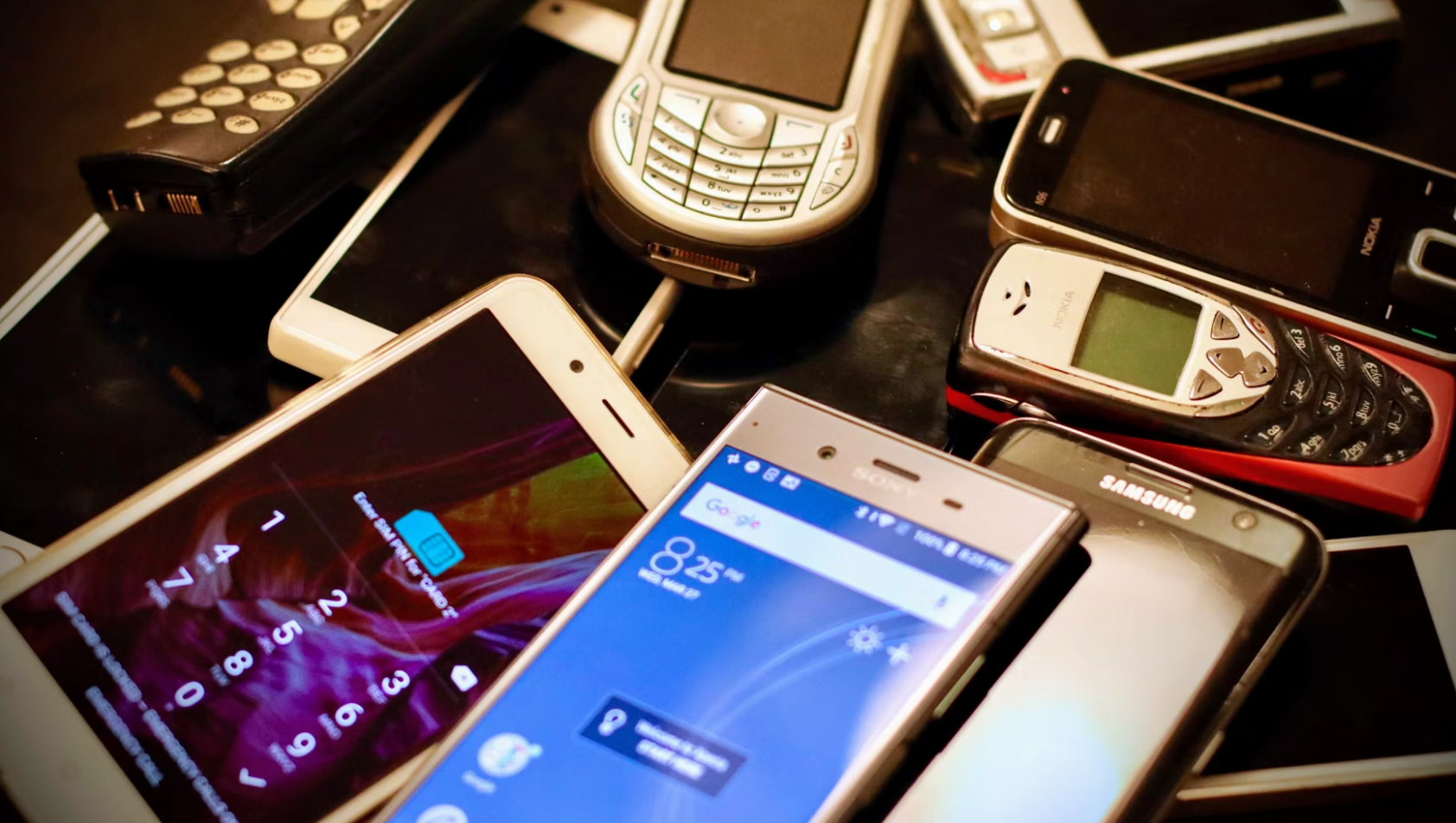
However, here’s where it matters:
Older phones: devices that rely solely on 3G (and don't support 4G or 5G) will lose mobile data and, in some cases, voice calling capabilities
3G-only tablets: these devices will no longer be able to connect to the internet via mobile networks
Rural users: in some remote areas where only 3G coverage is available, service might be disrupted until full 4G or 5G rollout reaches them
Emergency alerts and calls: if your phone uses 3G for emergency features and doesn’t support 4G calling (VoLTE), it may not be able to make calls once 3G disappears, even in emergencies
What should you do?
Check your device
Does your phone support 4G or VoLTE? Most smartphones will show 4G or LTE in the signal bar. If unsure, check the specifications online or contact your network provider.
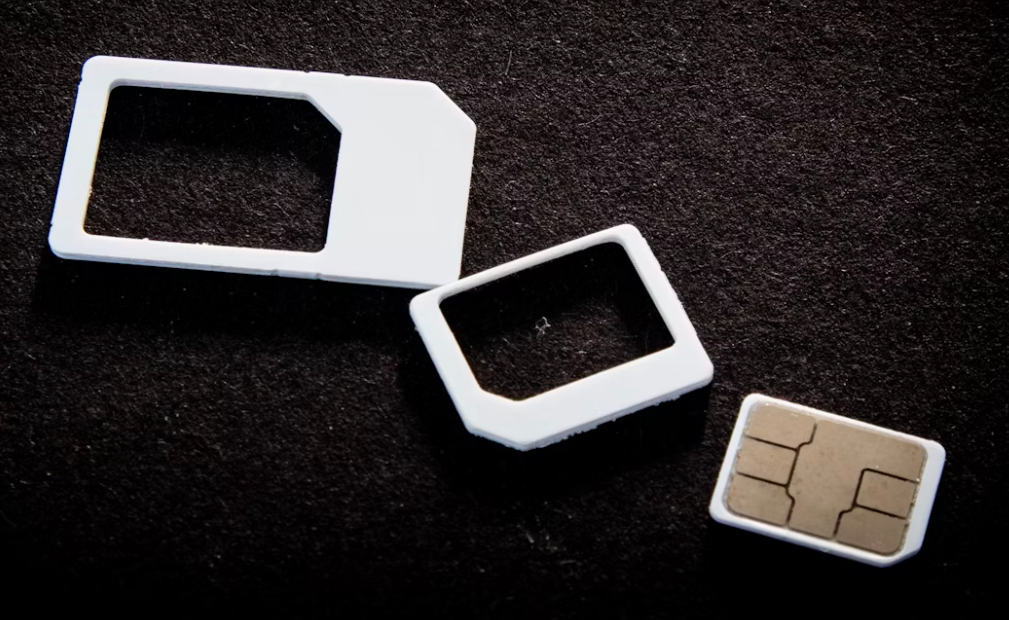 Update your SIM
Update your SIM
Some older SIM cards don’t support 4G. If yours is more than 5–10 years old, it might be time to request a new one. If this is the first time you've updated your SIM in a while, there are two options available: physical or eSIM. Ensure you select the SIM that's compatible with your phone, as some models may not yet support eSIMs.
Consider an upgrade
If you’re using a 3G-only device, upgrading to a newer phone will keep you online and connected. Budget smartphones now come with 4G as standard.
Ask for help
If you’re unsure, reach out to your mobile provider. They can confirm whether your device or SIM will be affected and offer solutions.

Final thoughts
3G has served us well, but the future is faster, smarter, and more efficient. The UK’s mobile networks are clearing the way for better connectivity. Still, it’s worth checking that you (and your family) are ready for the change.
If you have questions about your specific phone or area, your mobile provider will be the best place to start.







